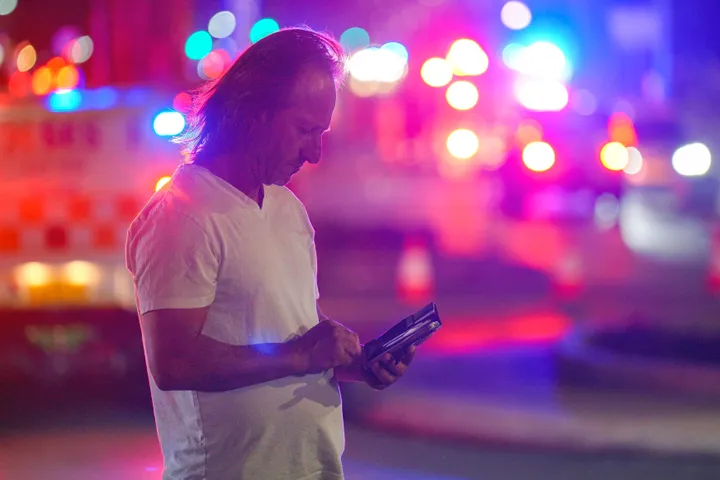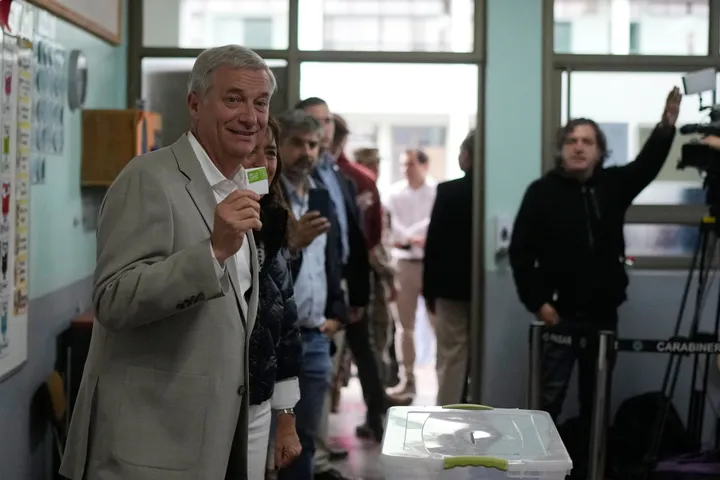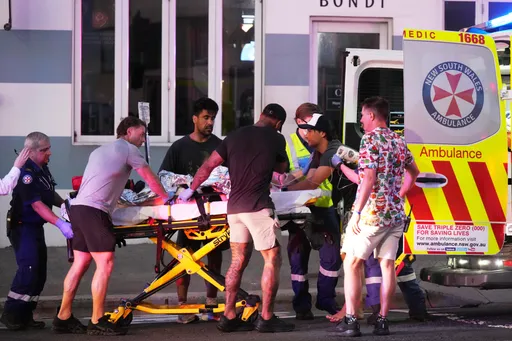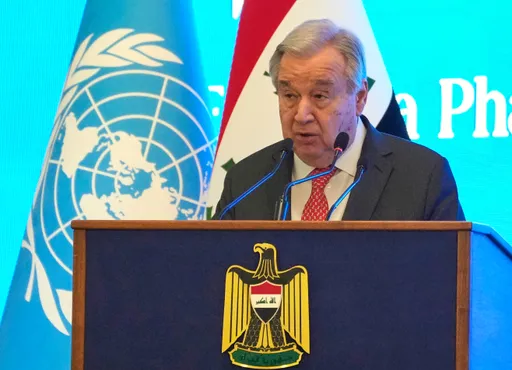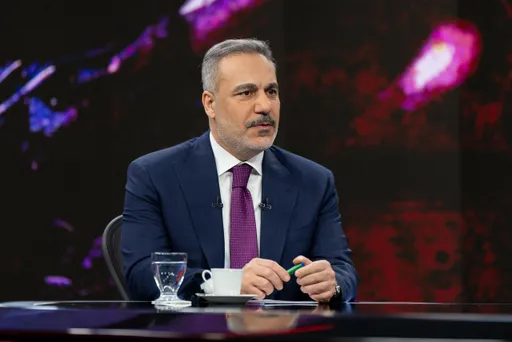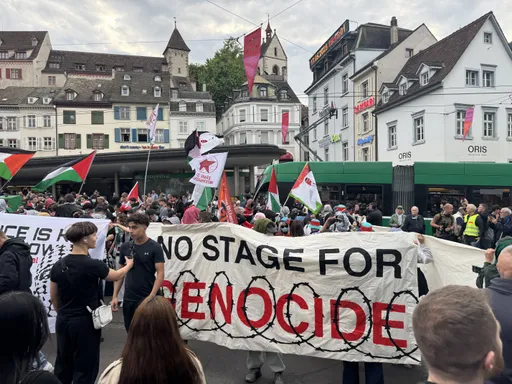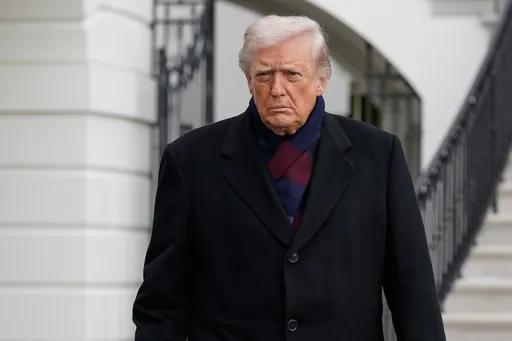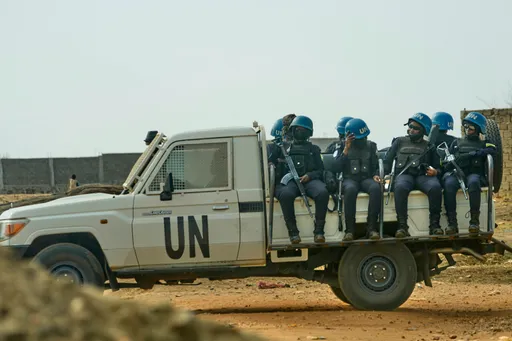Myanmar police on Thursday arrested a prominent Rakhine Buddhist member of parliament for allegedly provoking ethnic violence, state media and his party said, after a deadly riot highlighted simmering tensions in the troubled state.
The arrest came after seven people were killed and a dozen injured when police opened fire on a crowd of ethnic Rakhine Buddhists trying to seize a government office late on Tuesday.
The violence erupted as anger boiled over after the cancellation of a local ceremony in Mrauk U, a town just a few dozen kilometres from the epicentre of a military crackdown against the country's Rohingya Muslim community.
State-backed media reported that charges had been filed against lower house MP Aye Maung following a speech on Monday in which the nationalist politician attacked the government for thinking the Rakhine were "slaves" and said it was the "right time" for the community to launch an armed struggle.
"Dr Aye Maung was arrested and taken from his house about 1:00 pm (06:30 GMT) this afternoon," Arakan National Party General Secretary Tun Aung Kyaw said.
Arakan is another name for Rakhine.
Police have blamed the protesters for starting Tuesday's violence by throwing stones, barging into an administrative office and hoisting the Rakhine State flag.
Myanmar's civilian leader Aung San Suu Kyi expressed her condolences and has pledged to "probe the incident."
Aye Maung, the first MP to be arrested since Myanmar's military-backed constitution was adopted in 2008, was charged under the Unlawful Associations act, which carries a maximum sentence of three years.
The violence prompted an ethnic Rakhine rebel group in the state to promise "serious" retaliation for the deaths of the protesters.
Unlike the Rohingya Muslims, the Rakhine are recognised by the government as an ethnic group but are often marginalised under a system that favours the dominant Bamar (Burmese).
Rakhine mobs stand accused of aiding the military in using murder, rape and arson against the Rohingya – 655,000 of whom have fled to Bangladesh since August – in violence the UN and US have condemned as ethnic cleansing.
Tuesday's riot came on the same day that a heavily-criticised repatriation agreement was signed between Myanmar and Bangladesh to start sending the refugees back.
Observers are now concerned the conflict could now enter a new phase.
"There's a risk this could become a lightning rod for Rakhine grievances and the situation could escalate," political analyst Richard Horsey said.

